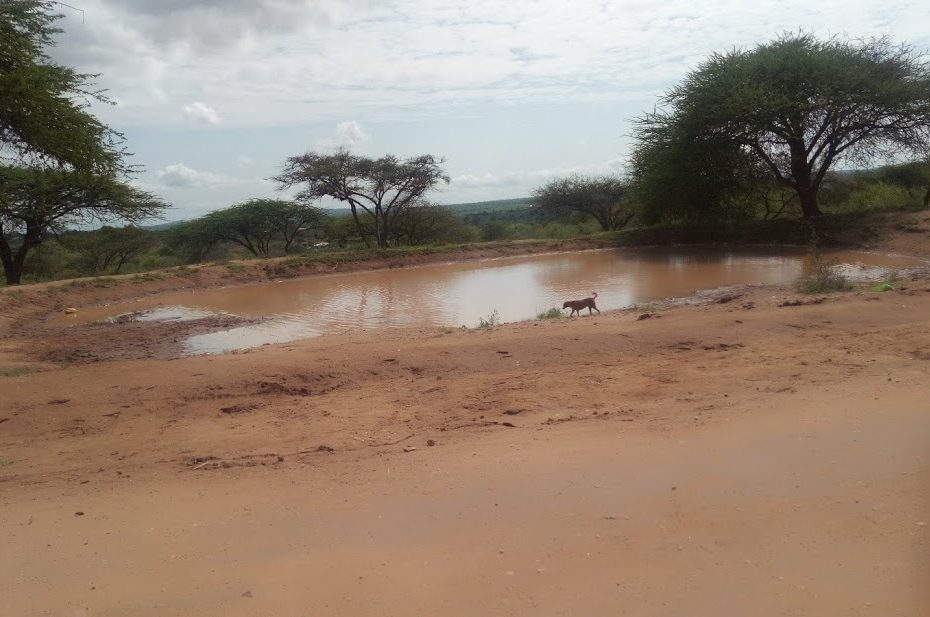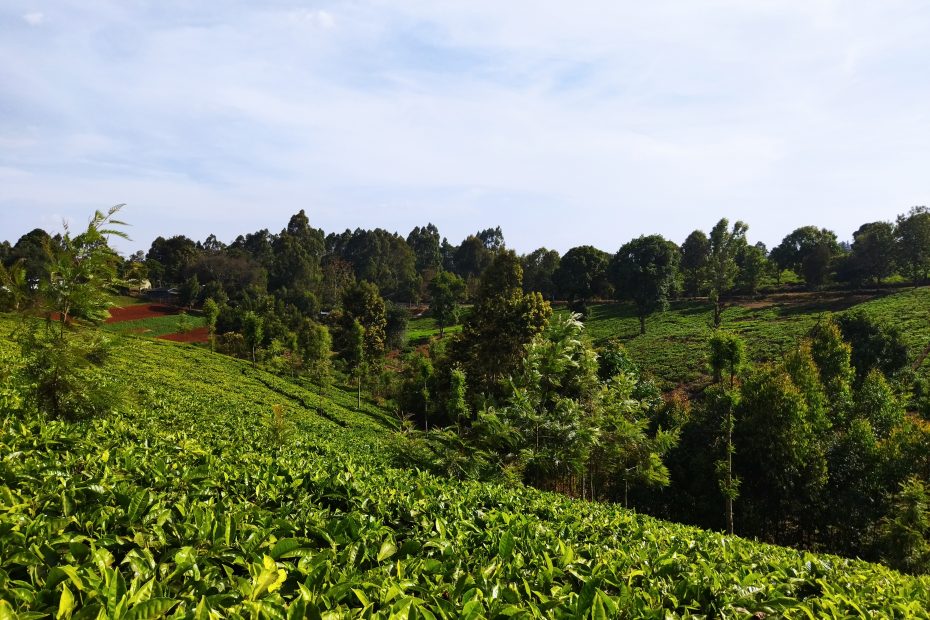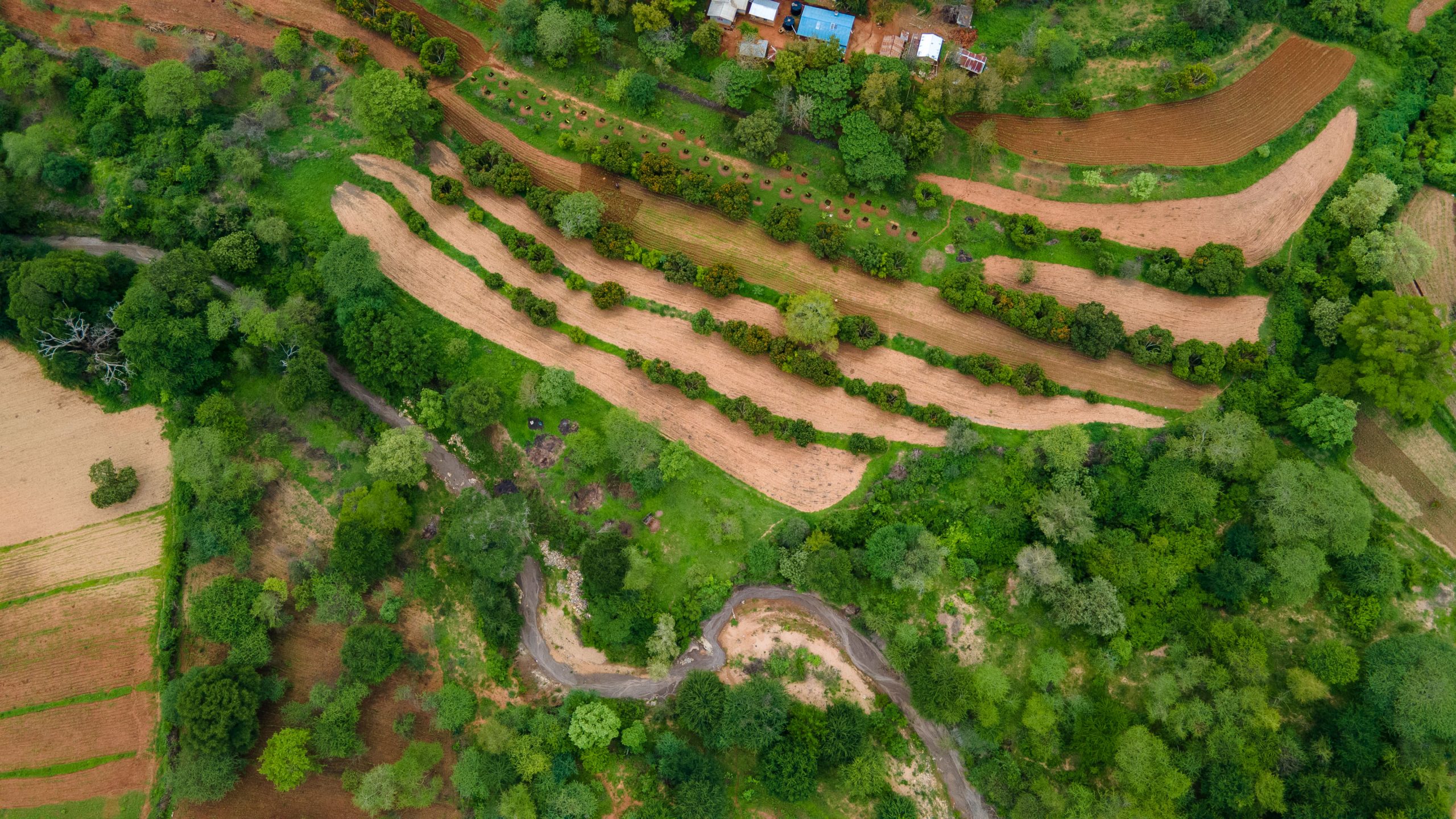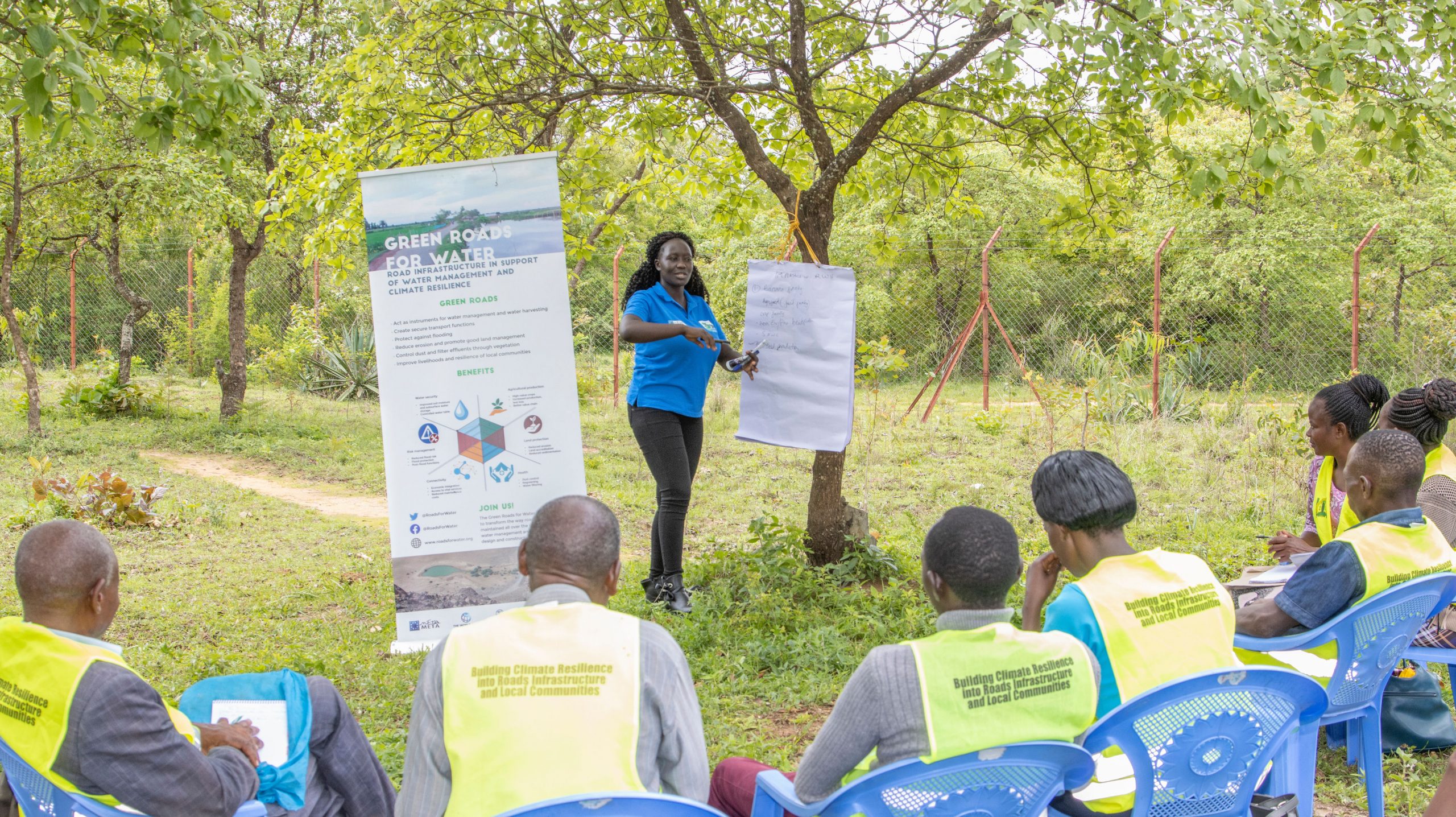WHAT WE DO
One of MetaMeta’s key themes is Water Management. This includes improving water productivity in agriculture, urban water management such as the creation of sponge towns, supporting flood-based livelihoods (e.g., in spate irrigation areas), and water harvesting in arid and semi-arid (ASAL) areas (e.g., water harvesting pans for pastoralists, sand dams, road water harvesting, and roof water harvesting). MetaMeta has experience with water project co-design, formulation, implementation, and M&E. As many communities around the world experience similar water-related challenges and find their own solutions, MetaMeta also brings together experts from over the world for optimal knowledge exchange.

Agriculture is one of the guiding focus areas of MetaMeta. Different topics are engaged such as Climate Smart Agriculture, Regenerative Agriculture, Water Productivity improvement, and Soil & Water Conservation. The programs entail horizontal learning of farming practices, capacity strengthening, on-farm interventions, as well as M&E. Additionally, through automated open-access GIS systems we support information management in large scale irrigation systems.

MetaMeta focusses on multiple components of Land Management covering agricultural and pastoral areas as well as more overarching environmental catchments. Key topics are land rehabilitation, local climate management and land degradation assessment. Our approaches consist of on-site interventions such as soil erosion prevention measures, GIS and remote sensing-based assessments, as well as integrated land management approaches with the inclusion of indigenous knowledge. Co-designing interventions with community members and other stakeholders form a core aspect of many of our projects.

At MetaMeta we believe knowledge should me shared as much as possible and in a sustainable way so that it can be applied without financial barriers such as expensive software’s or complex technologies. We take this into account in program (co-)design and facilitate a large range of trainings (on-the-job, training of trainers, and tailor-made trainings) on our thematic areas (agriculture, land and water management). From our global experience we recognize that many people struggle with similar issues. Therefore, horizontal learning is one of our key priority areas, which does not only facilitate knowledge exchange but also often in a very relatable and inspiring way.

